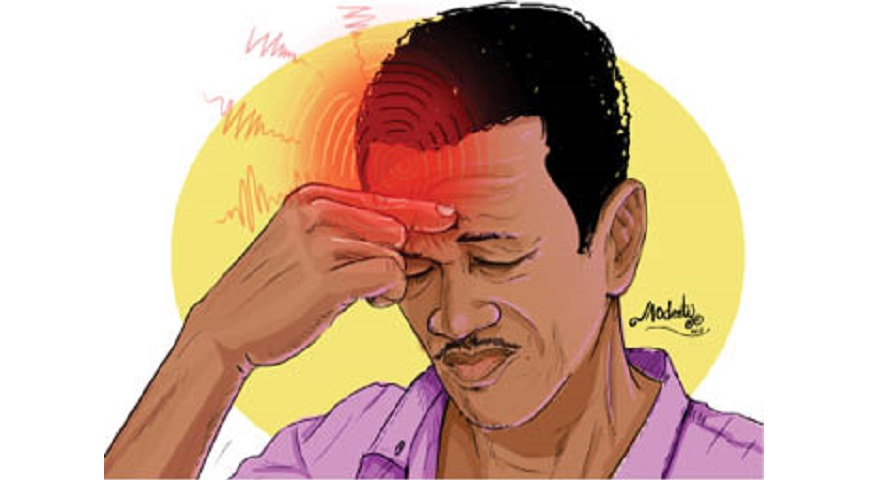Stress may raise your risk of Alzheimer’s disease — Study
A new research has suggested that vital exhaustion, a maker of psychological distress, may raise the risk of developing Alzheimer’s disease. Vital exhaustion describes “a mental state of psychological distress” that manifests as irritability, fatigue and a feeling of demoralization. The study result also stated that many factors such as, age, family history and genetic makeup […]

Stress may raise your risk of Alzheimer’s disease — Study
A new research has suggested that vital exhaustion, a maker of psychological distress, may raise the risk of developing Alzheimer’s disease.
Vital exhaustion describes “a mental state of psychological distress” that manifests as irritability, fatigue and a feeling of demoralization.
The study result also stated that many factors such as, age, family history and genetic makeup may increase Alzheimer’s risk. Other health issues, such as cardiovascular disease or diabetes, may also influence the odds of experiencing dementia because they impact the blood vessels.
The new study published in the Journal of Alzheimer’s Disease also indicated that psychological distress, in particular, may increase the likelihood of developing dementia.
The researchers, led by Sabrina Islamoska, a doctoral candidate in the Department of Public Health at the University of Copenhagen, Denmark, set out to investigate the possibility of a link between vital exhaustion and Alzheimer’s disease.
They explained that, vital exhaustion may be a reaction to “unsolvable problems” in one’s life, especially when the person has been exposed to stressors for a prolonged period. “So, vital exhaustion can be seen as a sign of psychological distress.”
Previous studies have noted that vital exhaustion may raise the risk of cardiovascular disease, metabolic syndrome, premature death, and obesity, among other conditions.
The study revealed a dose-response link between vital exhaustion in midlife and the development of Alzheimer’s later on.
The lead author said, “for each additional symptom of vital exhaustion, we found that the risk of dementia rose by 2 percent.”
“Participants reporting five to nine symptoms had a 25 percent higher risk of dementia than those with no symptoms, while those reporting 10 to 17 symptoms had a 40 percent higher risk of dementia, compared with not having symptoms,” Islamoska said.
The authors explained that the results are unlikely to be due to reverse causation, that is, it is unlikely that dementia causes vital exhaustion, rather than the other way around.
Regarding the possible mechanisms that may underpin the findings, the researchers point to excessive levels of the stress hormone cortisol and cardiovascular changes as potential culprits.
She said: “Stress can have severe and harmful consequences, not just for our brain health, but our health in general.
“Cardiovascular risk factors are well-known, modifiable risk factors for dementia, and in some countries, a stagnation or even a decreasing incidence of dementia has been observed.”
Islamoska said the study revealed that we can go further in the prevention of dementia by addressing psychological risk factors for dementia.
